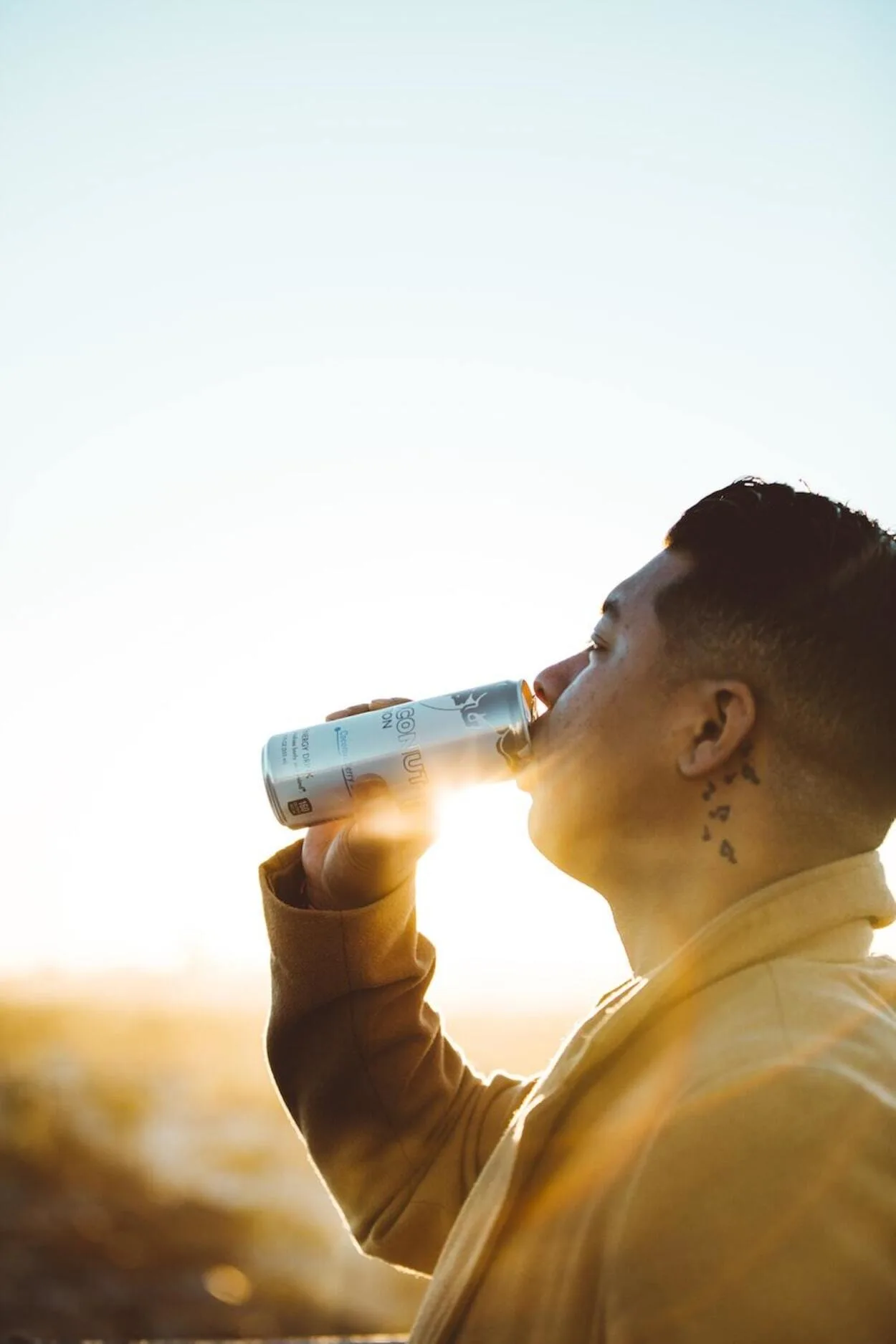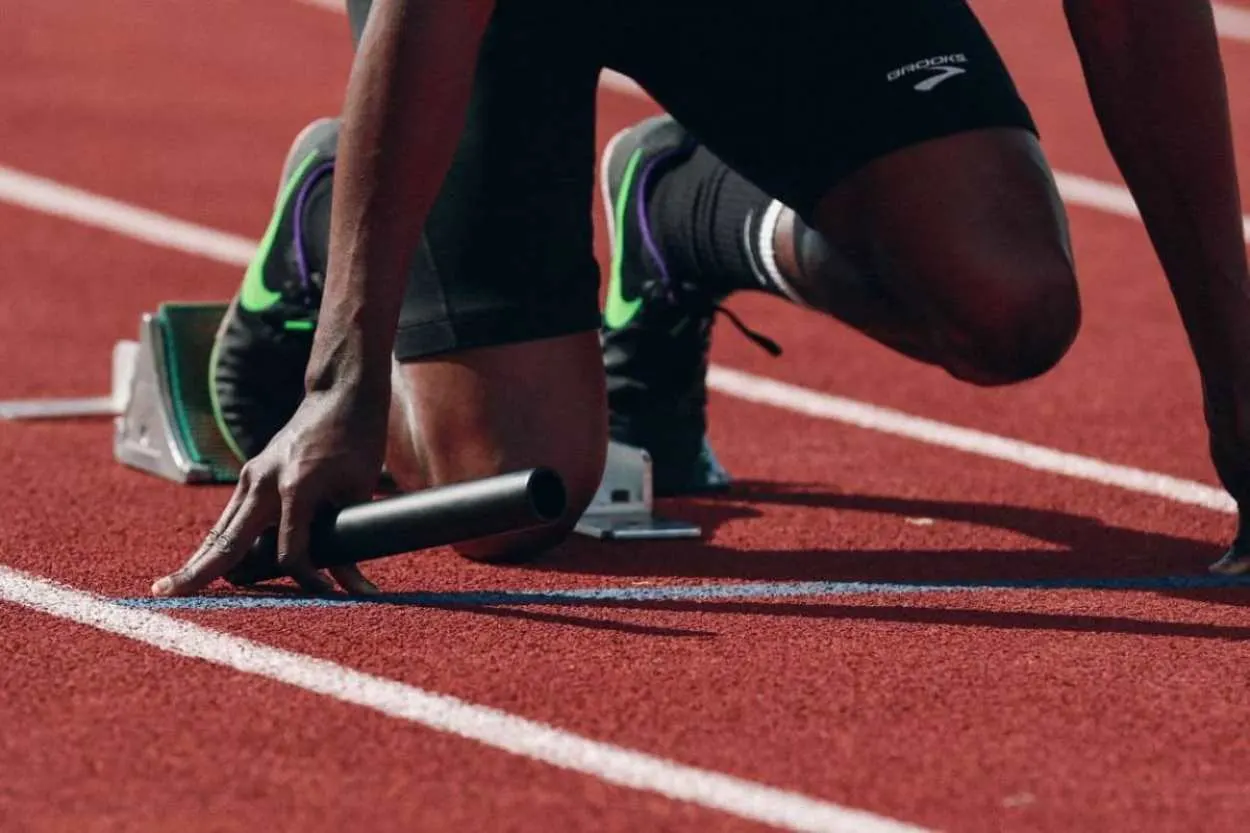You can work for long hours and improve your performance with the help of energy drinks. This momentary increase in energy, however, quickly wears off.
Due to the contents in them, energy drinks are touted as a way to increase energy and improve performance. Energy drinks are most frequently consumed by teenagers or young people, and businesses frequently target younger people when advertising them.
However, because they vary in the typical constituents of every other drink, energy drinks have significantly changed the beverage market. Energy drinks can give you a sensation of vigor thanks to their nutrients and mind-blowing flavors.
Due to varying viewpoints and personal experiences, energy drinks are sometimes deemed to be overrated and other times to be underappreciated. Even though such claims occasionally lack scientific support, it is clear that energy drinks give you vital nutrients and give you a boost of vitality.
Energy drinks are widely available and reasonably priced, so everyone can try them. After taking an energy drink, you will be more focused, perform better, and be psychologically more awake over the following several hours.
Without further ado, let’s examine the scientific evidence for how energy drinks increase your strength.
Page Contents
How do Energy Drinks Effects the Body?

Depending on how you take them, energy drinks can have positive or negative effects on your body. An energy drink is a complete energy package with the ideal amount of beneficial nutrients because it contains necessary vitamins, carbs, sugar, caffeine, and antioxidants.
Given that nearly all energy drink manufacturers use caffeine as their primary ingredient, this vitamin can be referred to as the foundation of energy drinks. Consuming energy drinks results in increased energy, which is caused by the caffeine in them.
Everyone needs to be aware of the effects of energy drinks after consumption. Numerous studies have been conducted on the effects of energy drinks, but the one I’ll mention describes the intake and withdrawal processes in depth.
Caffeine as an Energy Booster
This study demonstrates that 10 minutes after taking an energy drink, caffeine enters the bloodstream. Within 15 to 45 minutes, it gives the body a boost of energy. You feel highly energetic while performing the necessary tasks, focused, aware, and attentive.
After peaking in 45 minutes, the effect gradually wears off, and within 5 to 6 hours, half of the caffeine in your bloodstream has left. The caffeine exits your body completely after 12 hours of intake, in other words.
Additionally, excessive caffeine consumption can lead to addiction; as a result, you should always limit your daily caffeine intake to prevent reliance. The FDA (Food and Drug Authority) advises limiting daily caffeine intake to 400 mg.
Do Energy Drinks Strengthen your Body?
You can work for long periods of time and perform better with the strength and energy that energy drinks provide. This momentary increase in energy, however, quickly wears off.
Caffeine, which is present in energy drinks, gives you more vigor and motivation by raising your alertness and attention span. The claim that energy drinks give you strength is therefore accurate.
The majority of energy drinks include a lot of caffeine, which gives you a brief energy boost. Although brief, the increase may be followed by other health problems. Numerous energy drinks contain sugar as well as other components.
Instead of falling into the trap of taking more energy drinks at once in the hopes of gaining more vigor, it is preferable to keep to a moderate intake. Instead, excessive consumption will make you feel more exhausted and sleepy.
Therefore, you risk experiencing the negative effects of caffeine on your body if you drink and eat too many energy drinks for the sake of power.
Effects of Excessive Caffeine
The issues that may result from excessive caffeine consumption are listed below:
- Dehydration
- Stomach problem
- Rapid heartbeat
- Elevated blood pressure
- Liver illness
Energy drinks: Do They Increase Muscle Growth?
Energy drinks are not directly responsible for building more robust muscles, according to any scientific study. Energy drinks, on the other hand, might encourage you to work out hard by boosting your capacity for strenuous physical activity.
The effects of caffeine on athletes’ performance are supported by research. Caffeine has been said to increase the advantages of exercise.
The burning of fat and increased endurance caused by caffeine considerably enhance the development of new muscles. Caffeine also helps people consume fewer carbohydrates and increases body temperature, which promotes fat burning and, in turn, tightens and grows muscles.
Caffeine-containing supplements may be the greatest for boosting upper-body strength, according to a thorough study on the impact of caffeine on the muscles. This makes them advantageous for both competitive and recreational athletes who engage in strenuous activity.
In addition to these advantages, caffeine is thought to prevent muscle soreness and fatigue after exercise. By increasing stamina, you may be able to exercise for longer periods of time before experiencing discomfort or tiredness.
Why Do Athletes Take Energy Drinks?

Energy drinks are frequently used by athletes to boost their energy and endurance so they can perform effectively in their sports. Athletes also take sports drinks, which significantly improves their capacity to work out for extended periods of time.
However, many athletes drink energy drinks largely for the stimulant impact, which makes them more alert and quick to react. Energy drinks can boost endurance and the effectiveness of a resistance training program. Despite its limitations, the data does support many of the athletes’ empirical statements.
In recent years, athletes’ consumption of energy drinks has skyrocketed. More than 50% of athletes use energy drinks before competitions as well as during practice because of their advantages.
In a study by Camilo José Cela University on the impact of energy drinks on athletes, it was found that while their overall sporting performance was boosted by 3% to 7%, there was also an increase in insomnia, anxiety, and agitation in the hours following the competition.
In light of this, it’s crucial to weigh the advantages and disadvantages of energy drinks, and athletes should make an effort to reduce their regular caffeine intake. Although caffeine may appear to be highly advantageous and positive, it can also lead to some health issues for the consumer.
What Beverages Help You Get Stronger?
Other beverages, including energy drinks, can also increase your energy and improve your mood. Since these beverages are mostly produced from natural materials, they can contribute valuable minerals and antioxidants to help you stay hydrated and maintain good health.
Although energy drinks give you energy, it is fleeting. While the drinks listed below can make energy last longer, they can temporarily affect body metabolism.
Because they are simpler for our bodies to digest and absorb than solids, fluids are typically a more effective source of energy. Additionally, liquids that enter our bodies and enter the bloodstream can swiftly deliver instant energy.
Here are a few simple beverages that can help your body become stronger:
| Drinks | Benefits |
| Milk | Calcium and phosphorus included in milk can help build stronger bones, teeth, and muscles. |
| Water | Dehydration is averted by water. Dehydration makes it difficult to think clearly and raises body temperature |
| Coffee | Caffeine and antioxidants found in coffee can control insulin levels and provide you with immediate energy for work. |
Conclusion
- Due to their outstanding capacity to boost energy, attention, alertness, and performance in the specific work they aim to achieve, energy drinks are becoming more and more popular among athletes, gym attendees, and regular people.
- The competition for various energy-boosting drinks and snacks is as fierce as it is in any business.
- Energy drinks can do a better job of boosting your energy than other drinks can.
- Caffeine, a component in energy drinks, triggers the body’s flight or fight reaction.
- The hormone dopamine, which gives you greater energy and lifts your mood, is released more frequently as a result.
